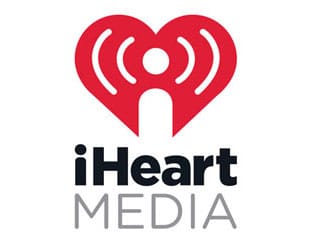Two days after iHeartMedia released its fourth quarter and full-year 2022 results, the nation’s largest audio content creation and distribution company continued to suffer from a significant sell-off of shares on the Nasdaq GlobalSelect exchange.
With Thursday’s Closing Bell, IHRT fell an additional 5%, negating after-hours gains seen on Wednesday. After-hours gains were seen again Thursday, but will they hold on Friday?
That’s a big question, as IHRT finished regular trading on March 2 at $5.28, down 28 cents.
Volume was 1.6 million, not as massive as that seen on Wednesday, but still well above average.
At the Closing Bell on Wednesday, IHRT was down 23.4%, suffering a $1.70 fall to $5.56.
Wednesday’s trading volume was some 6.29 million shares, compared to average volume on IHRT of 471,832.
With a 1-year target price of $11.41, the March 1 drop was noted by The Motley Fool, the popular Wall Street blog, as a “collapse.”
What happened? Travis Hoium of The Motley Fool reasons, “The big problem for iHeartMedia is that there’s $5.4 billion of debt on the balance sheet, which is going to be tough to pay down if earnings are rising, but impossible if results are getting worse.”
At one point, shares of IHRT were down to $4.51 per share before recovering. This was at 9:42am Eastern.
As RBR+TVBR reported and The Motley Fool concurred with, the Q4 results were good for iHeartMedia. But, the Motley Fool suggests investors may be disappointed with the guidance issued by iHeartMedia.
The company expects revenue to fall by the mid-single digits in the first quarter of 2023 and believes EBITDA will come in between $80 million to $90 million.
Doesn’t iHeartMedia have the wherewithal and digital assets to combat the strong headwinds CEO Bob Pittman and COO/CFO Rich Bressler discussed on Tuesday afternoon during their quarterly earnings call?
“Advertisers are moving to more digital forms of advertising, and that’s simply not where iHeartMedia excels,” Hoium concludes. “The company still has a lot of legacy radio assets in a structural decline, and podcasts don’t necessarily make sense at large companies like this. Smaller producers are more equipped to grow cost effectively without large sales staffs, using the digital nature of platforms like Spotify.”




